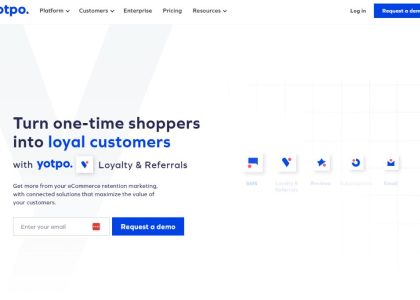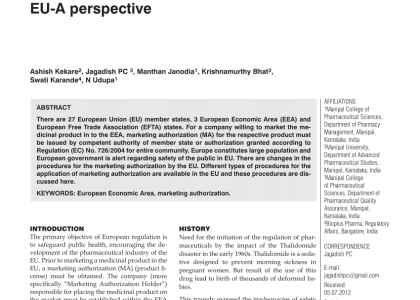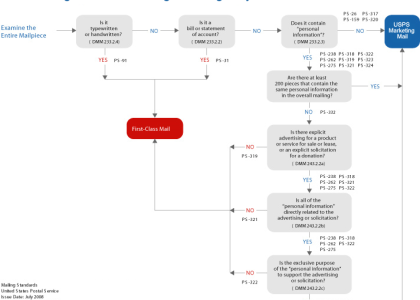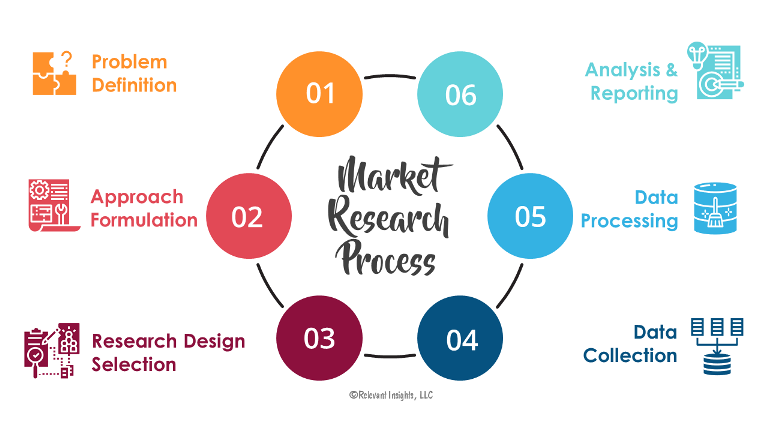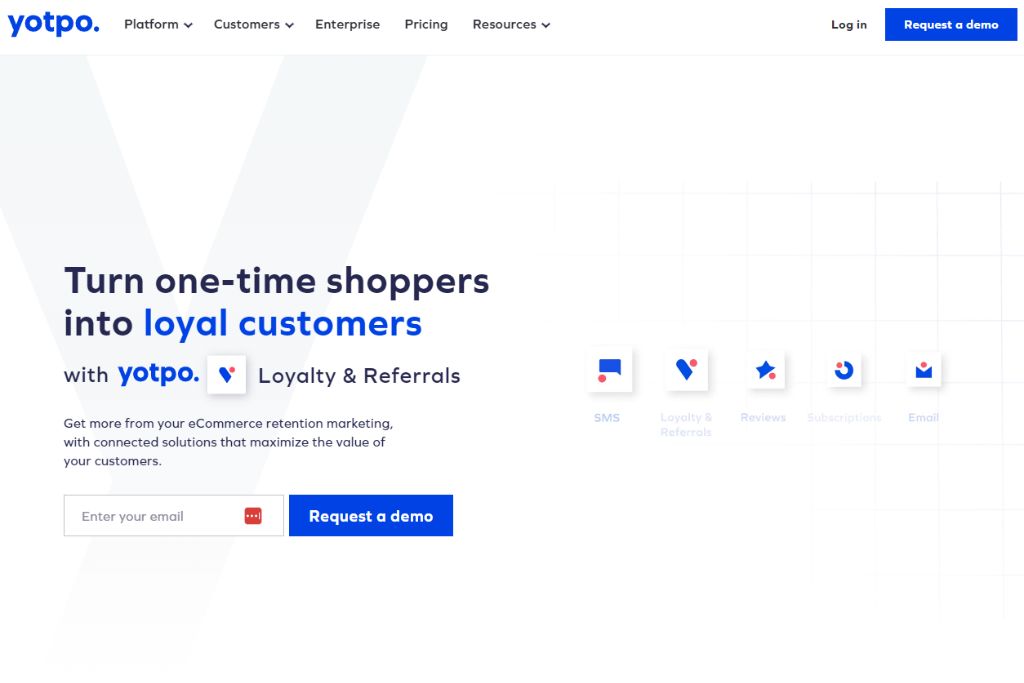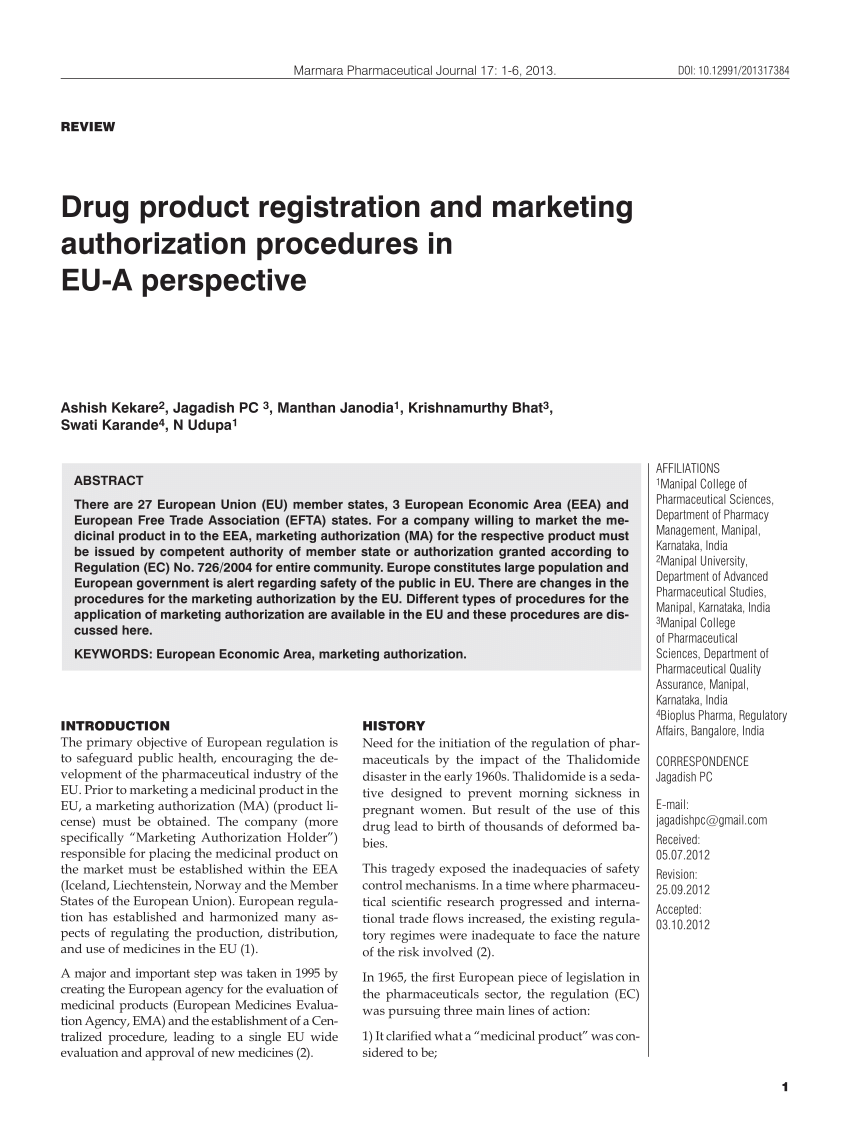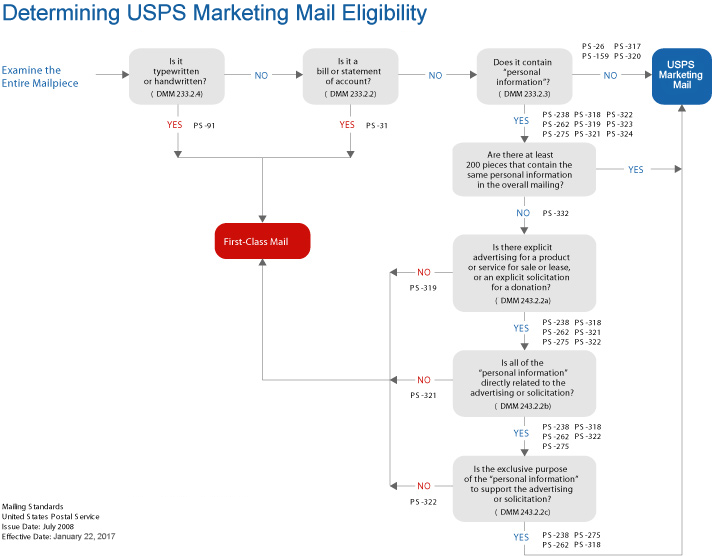The dynamics of profitability within the advertising sector are nothing short of intriguing. The industry hinges on creativity and innovation, yet the financial structures behind these imaginative powerhouses often remain a mystery. Among them, marketing agencies have carved a unique niche, employing a range of revenue-generating strategies to ensure sustainability and growth. This article aims to demystify these strategies, shedding light on how marketing agencies maintain profitability.
Marketing agencies are complex organisms that operate in a volatile, competitive landscape. Their survival relies heavily on a myriad income channels, where diversification plays a significant role. These strategic revenue sources are pivotal to their operational success, fueling the forward momentum of the agency.
Yet, these income channels are often overlooked or misunderstood, buried beneath the glamorous surface of advertising campaigns and brand strategies. Accumulating a thorough understanding of these revenue streams offers deep insights into the workings of marketing agencies, allowing businesses to decipher the finer aspects of this intricate landscape.
The following sections delve into the explorations of these income pockets, dissecting the sources, methodologies, and efficacy of each one. This comprehensive scrutiny aims to provide a clearer picture of how marketing agencies generate profit, underpinning their significance in the advertising realm.
Understanding the Functionality of a Promotional Agency
Marketing agencies, often dubbed as promotional agencies, play a crucial role in shaping the overall brand image and boosting the profitability of a business. They are the lurking forces behind the successful revenue streams and expanding the customer base of companies.
The primary task of a promotional agency involves the development and implementation of effective marketing strategies. They focus on understanding the client’s business inside out, including its target audience, potential customers, competitors, and the market trends. This comprehensive knowledge about the business enables them to devise customized marketing campaigns that cater to the specific requirements of the client.
Creating and maintaining brand recognition is another crucial role played by marketing agencies. They employ various tools and techniques to ensure that the client’s brand stands out from the competition and remains in the public eye.
- Research and Analytics: A thorough understanding of the market and the consumer mindset is key to formulating a successful marketing strategy. Marketing agencies employ various data collection methods and analysis tools to gather relevant information.
- SEO and Content Marketing: A significant venue of revenue generation for marketing agencies is their online marketing efforts. This includes SEO (Search Engine Optimization), content marketing, social media management, and other related practices.
- Public Relations: Managing the reputation of a company is a complex process, and marketing agencies take up the mantle of ensuring a positive public image. They handle crises, rectify misinformation, and create a favorable impression among the existing and potential customers.
- Advertisement: Advertisement design and placement are perhaps the most significant tasks that a marketing agency handles. They are responsible for creating compelling ads and strategically placing them to attract a wider audience.
Understanding the role of marketing agencies in a business’s success is the first step to selecting the right one. A skilled marketing agency will be able to meet the individual needs of the business, and effectively carry out its role, driving profitable revenue streams and nurturing relationships with customers.
Understanding the Billing Process of Marketing Consultancy Firms
The financial prosperity of marketing agencies often relies on the ways they bill their customers. This typically involves a number of prevalent methodologies, dependent on the service type and the client’s specific needs. More clarity on these approaches can align customer expectations and business profitability.
Various Approaches to Client Billing
Commonly, marketing consultancy firms operate under the project-based billing model. They determine a fixed cost, based on the assessment of the required time and resources for a specific project. This not only ensures that the agency’s profitability is covered, but it also offers clients a clear understanding of the financial commitment.
Another approach is retainer-based billing. The marketing agency offers its services over a longer duration, say monthly or annually. The customers pledge to pay a predetermined fee, usually consistent, over this period. This model helps marketing agencies to maintain a stable income flow.
Hourly billing is also utilized, especially where the work scope is uncertain. Marketing agencies calculate the cost by determining the number of hours they expect to commit to the client’s work.
- Performance-based billing: Some advanced marketing agencies are confident enough to bill their clients based on the results achieved. This could be an effective model for clients looking for guaranteed outcomes and willing to make higher payments upon successful completion of goals.
- Commission-based billing: This is a traditional model where marketing agencies charge a percentage of the expenditure on media, ensuring they receive part of the revenues generated from marketing efforts.
The choice of the billing method is often a strategic one, made after taking into consideration the nature of the project, the client’s budget, and the agency’s revenue targets.
Grasping the Conventional Income Avenues for Advertising Firms
For one to thoroughly comprehend how advertising firms achieve monetary success, insight into conventional income avenues is paramount. Traditional revenue streams remain a cornerstone for financial health and sustainability for numerous agencies.
Project-Based Earnings
The simplest and most traditional method for advertising firms to generate revenue is through project-based engagements. This might involve one-off projects such as designing a website or an advertising campaign. Clients are billed based on the scope of the project. Often, costs involve design and implementation time, resources used, and a profit margin.
Prolonged contracts
Advertising firms also benefit from on-going client contracts that span over an extended period. This is commonly evident in scenarios such as a year-long digital marketing campaign or a contract for monthly advertising design. Secure, long-term contracts offer stability and warrant a constant flow of income.
Revenue Through Commissions
Commissions from media buys have traditionally been a significant source of revenue. By buying media space in bulk and at a discounted rate, these agencies resell to their clients at a marked-up price. The difference between the purchase and the selling price serves as the agency’s revenue.
Retainer Fees
Last but not least, retainer agreements are a standard practice in the marketing world, as it provides an agency with a steady income stream. Companies pay a set amount monthly for a specified set of services, effectively ‘retaining’ the agency’s services for that period.
In understanding these traditional income avenues for advertising firms, one gains a clearer insight into the business model and how it evolves to stay profitable amidst varying market dynamics.
Leveraging Online Advertising for Profitable Returns
Profit generation is the ultimate goal of any company and marketing agencies are no exception. A significant path towards achieving this financial aim lies in effectively harnessing the power of internet advertising. With the digital landscape constantly evolving, it is time to reap the benefits from the online world of marketing for boosting profit margins.
Digital marketing holds sizable potential for revenue generation. The key lies in understanding and strategically implementing revenue streams.
- One of the most profitable online marketing avenues is Search Engine Optimization (SEO). By improving a site’s organic rank, businesses can enhance their visibility leading to higher customer traffic and increased profits.
- Secondly, a pay-per-click (PPC) advertising model allows companies to place ads in strategic digital locations, only paying when a visitor actually clicks on their advertisement. This ensures a noticeable return on investment.
- Utilizing content marketing to provide value to customers can significantly increase profits by fostering trust and driving traffic to websites through engaging, meaningful and useful information.
- Another revenue stream is through affiliate marketing. Here, a business promotes someone else’s product or service and earns a small commission for each sale made.
Creatively tapping into these, and other digital marketing strategies, can significantly increase profits. Businesses who are adept at orchestrating diverse and targeted online marketing campaigns are likely to see profitable returns on their marketing investments. The wiser the choice of a marketing agency that understands and effectively uses these modern impositions, the higher the potential increase in profits.
Marketing Automation: An Enhancer of Profitability
Another important facet of online marketing for profit maximization is leveraging marketing automation. By automating repetitive tasks such as email marketing, social media posting, and online ad campaigns, agencies can streamline their operations, thereby reducing costs and enhancing profitability. Furthermore, automation tools can provide valuable insights and analytics, offering a clearer view of profit-generating strategies and customer preferences — all underpinning an intelligent and efficient revenue-driven digital marketing operation.
The Importance of Long-Term Client Commitments in Marketing Agencies
In the realm of marketing agencies, building and maintaining long-term relationships with clients is often a pivotal aspect of generating consistent profit. Long-term commitments or retainer-based contracts provide a steady stream of revenue, making them an essential part of a successful business model for many marketing firms.
Sustained partnerships have a significant effect on the profitability of an agency. It’s no secret that retaining an existing client is often less costly than acquiring a new one. Retainer-based agreements foster client loyalty and contribute to maintaining a steady inflow of revenue. Besides, consistent profits from a retainer-based model can help agencies in better forecasting their revenues which is crucial for future planning.
Value expansion is another important aspect of retainer-based relationships. Agencies that are aligned with a client’s business over a long-term period have a better understanding of their objectives and operational guidelines. This understanding allows marketers to offer enhanced and personalized services, potentially leading to the expansion of the contract value over time.
- Long-term relationships enable deeper understanding of client’s business, leading to better marketing solutions.
- Retainer-based contracts result in secure, consistent cash inflow, fostering financial stability.
- Client retention is often less resource-intensive than acquisition, improving overall profit margins.
To conclude, long-term, retainer-based relationships with clients are vital for marketing agencies aiming for consistent revenue and growth. By harnessing the power of these long-term partnerships, agencies can secure a steady cash flow, sharpen their understanding of the clients’ business needs, and steadily increase their value offerings.
Project-Oriented Tasks: A Viable Source of Profit for Marketing Firms
The landscape of marketing is continually evolving, necessitating agile and flexible ways of operation. One of the most profitable methods that marketing agencies use is project-based engagements. Instead of regular and standard service delivery, this approach implies executing specific projects for clients which can be highly profitable.
Understanding the Profit Potential of Project-Based Tasks
A project is a unique and transient endeavor, undertaken to achieve a pre-planned business objective. Different clients will have varying marketing needs, often requiring tailor-made solutions. This is where project-oriented tasks become a promising income source. When a marketing agency takes a project-based approach, it has the potential to significantly enhance its profit margins.
Why Are Project-Based Tasks Lucrative?
- Custom Solutions: Each project is distinctive, allowing firms to charge a premium for the personalized solutions they deliver.
- Expertise Leveraging: Companies that specialize in specific marketing aspects can command higher rates for their project-based services.
- Value Addition: A successful project often leads to more business as clients perceive the value delivered.
The lucrativeness of project-based tasks isn’t without its challenges. Effective management of resources, adherence to timelines, and satisfying unique client demands requires high levels of operational efficiency. However, once these aspects are mastered, project-based work can serve as a steady and substantial revenue stream.
Agile marketing agencies that deploy successful project-based strategies often excel in customer retention and satisfaction. By rendering bespoke services that address specific client needs, these agencies create a niche for themselves in the competitive marketing landscape, enhancing their profitability in the process.
Consulting Contributions to Marketing Firm Profitability
The function of consultancy plays a significant role in generating profits for marketing agencies. This service provided by marketing agencies often constitutes a substantial part of their income. Offering consultancy allows these businesses to leverage their expertise in marketing and help clients craft strategies that ensure their market success. This facet of their operations could be straightforward marketing advisories or more specialized areas such as digital marketing or social media strategy planning.
Consultancy engagements are particularly good for revenue growth as they provide continuous streams of income. Clients often retain consultants on a long-term basis, paying regular fees for the insights and advice they provide. This recurring income helps agencies maintain financial stability and invest in their growth.
Value Creation through Consulting
Adding value to a client’s operations is at the heart of a consultancy business. A marketing agency often demonstrates its value through the visible growth in a client’s business. This could be an increase in brand visibility, growth in sales, or successful entry into new market segments. The proven ability of a marketing agency to deliver such results continues to draw in more consulting clients, and consequently, more profits.
Consultancy and Agency Positioning
The consultancy facet also positively influences the position of a marketing agency in the industry. An agency recognized for its strong consulting capabilities is often viewed as a thought leader and trusted partner in marketing matters. This reputation can open doors to more lucrative opportunities, including premium consulting projects or partnerships with large corporations.
Key Consulting Areas in Marketing Agencies
- Strategy Development: Designing effective marketing strategies tailored to client’s goals and market conditions.
- Market Research: Providing valuable market insights that help clients make informed business decisions.
- Brand Development: Helping clients build strong, identifiable brands that stand out in the market.
- Digital Marketing: Assisting clients in leveraging digital channels for marketing, such as social media and search engine optimization.
In conclusion, the role of consultancy in revenue generation for marketing agencies is immense and multifaceted. The agencies not only enhance their financial stability and growth but also improve their market standing by offering high-quality consultancy services.
Leveraging Affiliate Marketing for Boosting Revenue
One of the key approaches for inflating revenues for marketing agencies is by harnessing the abilities of affiliate marketing. It is a distinctive strategy that provides agencies with the opportunity to earn commissions by promoting another company’s goods or services.
Key Strategies in Affiliate Marketing
Selection of Appropriate Affiliate Programs
The most prudent approach to thriving in affiliate marketing is by selecting and affiliating with companies that resonate with the marketing agency’s audience. Linking with a company whose products or services align with the agency’s customer base not only enhances the chances of sales but also solidifies the agency’s credibility among its clientele.
Strengthening the Promotion of Affiliate Links
Another approach to amplify revenue from affiliate marketing is by learning strategies to effectively market affiliate links. This can range from social media promotion, email marketing to creating dedicated blog posts for the products or services. Agencies can also employ content marketing to gently pushes the viewers towards the affiliate product by giving them the information they need to make an informed choice.
Cultivating Trust Among Audience
Trust is a vital factor in driving affiliate sales. Agencies must aim to establish a loyal audience who value their recommendations. This includes being transparent about affiliations and prioritizing user needs over making a quick sale.
- Pay-Per-Click: An affiliate earns money whenever viewers click their special referral links.
- Pay-Per-Lead: Agencies earn money whenever a potential customer provides their contact information on the advertiser’s website.
- Pay-Per-Sale: Affiliates earn a commission when their marketing results in a sale on the advertiser’s website.
The potential for revenue generation through affiliate marketing is promising. With the right strategies and consistent effort, marketing agencies can successfully use affiliate marketing as an additional revenue stream.
Transforming Services into Products for Revenue Growth
One innovative approach to enhancing profits in marketing agencies is turning services into products, a strategy often referred to as productizing. This involves creating standardized services that can be sold repeatedly, thereby increasing scalability and generating a reliable revenue stream.
Productizing services can be extremely beneficial for a digital marketing agency. As services become products, productivity can grow, leading to an uptick in profits because the same product can be sold numerous times without requiring additional resources. Essentially, the property of scalability lends itself well to higher profit margins.
The Advantage of Productizing Services
Operating with a traditional service model, marketing agencies often encounter difficulties in scaling their business. The major problem is every new project or client demands more time and resources, thus limiting growth. In contrast, productizing services allows for a feasible method of scaling without the increasing resource demands.
Moreover, productized services typically have a fixed price tag, which makes the earnings predictable, creating a steady revenue stream that is relatively hassle-free to maintain.
- Scalability: Once the service is productized, it can be effortlessly replicated and sold to multiple clients. This process doesn’t require additional labor, leading to a directly scalable growth.
- Passive Income: After the initial investment of time and resources into the development of the productized service, it can continuously generate income with little to no additional effort, thus creating a passive income source.
- Efficiency: As each productized service is standardized, the efficiency of the agency improves. This is because the staff know exactly what they need to accomplish, leaving no room for guesswork or uncertainty.
In conclusion, the productization of services is a powerful strategy for marketing agencies to scale their business and generate a continuous and predictable revenue stream. This approach is more efficient while providing a clear understanding of the income potential.
Examining the Influence of Inbound Marketing Strategies on the Profitability of Marketing Firms
The proliferation of digital technology has brought about a shift in the traditional advertising methods. Businesses now gravitate more towards inbound marketing strategies due to significant returns on investment (ROI) they bring. In turn, this has a considerable impact on the earnings of the marketing agencies implementing these strategies.
Influence on Agency Profits
One of the most significant attributes of inbound marketing is its cost-effectiveness. By investing in inbound marketing tactics, marketing companies are able to significantly minimize their advertising costs. At the same time, they achieve better-targeted communication with potential customers. This cost-saving factor directly increases the agency’s profit margins.
Another influence of inbound marketing is its perceptible impact on the agency’s revenue growth. Given the nature of inbound marketing as a long-term strategy, businesses are likely to stay engaged with agencies that demonstrate their competency in managing it. This provides a steady stream of income to agencies over an extended duration, ensuring sustainable profit levels. Additionally, as inbound marketing focuses on creating quality content to attract customers, agencies stand to benefit from recurrent income from content management and creation services.
Customer retention, a common effect of a well-executed inbound marketing strategy, also enhances profitability. With a greater customer retention rate, the agency realizes more repeat business, reducing the need to constantly procure new clients, thereby indirectly impacting the bottom line.
- Cost-effectiveness: Inbound marketing services allow agencies to minimize advertising expenditure, thereby enhancing profit margins.
- Customer retention: Well-executed inbound marketing strategies increase customer loyalty, leading to repeat business and sustainable profits.
- Revenue growth: As a long-term business investment, organizations are likely to maintain contracts with agencies managing their inbound marketing strategies, offering agencies a steady revenue stream.
The Role of Multiple Revenue Channels in Enhancing Marketing Agencies’ Profitability
It is vital for marketing companies to have a range of income courses to flourish and sustain profitability. By diversifying their revenue streams, marketing companies can boost their financial security, increase their adaptability, and foster larger growth opportunities.
Financial Security and Sustainability
The primary role of revenue differentiation in advertising agencies is to safeguard financial stability. With dependence on a single source of income, agencies are vulnerable to economic downturns and client losses. Yet, a broad range of revenue avenues allows firms to offset losses if one stream dries up, ensuring their fiscal viability.
Adaptability and Flexibility
Moreover, possessing multiple income options can render advertising organizations more adaptable. As market trends change, agencies can shift focus between different income streams to keep pace with evolving client needs. It offers considerable flexibility to tap into prosperous streams during high-demand seasons and switch to others when the demand wanes. This adaptability can elicit consistent revenue, enabling agencies to continue providing quality service despite market fluctuations.
Growth Opportunities
Lastly, income diversification can spearhead growth for marketing companies. Multiple income sources can unlock new industry segments, creating avenues to expand their client base. It becomes possible to take calculated risks and invest in innovation, thus paving the path for business expansion.
- Product or service diversification
- Entering new markets
- Creation of partnerships
- In-house innovations
The aforementioned points elucidate why having multiple income avenues is crucial for marketing agencies. Thus, for success and sustainability, these agencies should develop strategies to diversify their income.
Exploring the Tactics of Highly Successful Marketing Firms
In the realm of digital marketing, understanding the various methods that successful companies use to generate revenue is a crucial component of business success. Some of the industry’s most prosperous players have employed creative and out-of-the-box approaches for revenue accumulation, which have yielded positive results on a consistent basis.
Transformative Tactics of Leading Marketing Firms
One of the main strategies that have seen successful marketing companies grow exponentially is the diversification of their revenue streams. For example, instead of solely relying on a single source of income such as client retainers, they also venture into other areas such as paid advertising, SEO services, and partnership marketing. This approach ensures a steady flow of income even if one source faces a downturn.
Moreover, these successful marketing firms tend to invest substantially in bleeding-edge technology to automate their processes. This move not only improves productivity but also enhances the creation and sharing of data-driven insights, which in turn, aids in decision-making processes. Analytics and CRM systems, for instance, enable marketing firms to streamline their operations, increase efficiency, and better serve their clients.
- SEO services: Successful agencies recognize the role of SEO in improving a business’s online presence. They understand that it’s not just about driving more traffic but relevant traffic. Therefore, they ensure their SEO strategies are tailored to suit customer needs, consequently increasing profits.
- Paid advertising: These firms also understand the power of strategic advertising. They utilize paid advertising platforms like Google ads, ensuring their clients’ businesses appear where potential customers can see them.
- Partnership Marketing: Successful agencies have established strong networks and partnerships with other businesses. This widens client reach and consequently boosts revenues.
In conclusion, successful marketing agencies combine various revenue generation methods to remain relevant and profitable in the fast-paced digital marketing industry. Through these innovative strategies, they continually meet the evolving needs of their clients while enjoying consistent revenue growth. In turn, these successful methods present valuable lessons for emerging firms in the industry.
FAQ: How Digital Marketing Agencies Make Money
How does an influencer marketing agency typically charge clients for their services?
An influencer marketing agency typically charges clients using a pricing model based on the scope of work, which could include a flat fee for a specific campaign, commission on sales, or based on the influencer’s reach and engagement rates.
What are the common pricing models used by digital marketing agencies?
Common pricing models used by digital marketing agencies include hourly rates for services, value-based pricing where fees are related to the value provided, project-based pricing for specific campaigns, and retainer models for ongoing services.
How do agencies specializing in social media marketing generate revenue?
Agencies specializing in social media marketing generate revenue by charging clients for services like content creation, management of social media accounts, paid media campaigns on social media platforms, and strategy consultation.
What factors influence how much an agency may charge for influencer marketing services?
Factors that influence how much an agency may charge for influencer marketing services include the influencer’s reach and engagement, complexity of the campaign, content requirements, duration of the campaign, and the specific social media platforms used.
In what ways do digital agencies make money from offering paid ads services?
Digital agencies make money from offering paid ads services by charging a fee for creating, managing, and optimizing paid advertising campaigns on platforms like Google Ads or social media. This fee can be a percentage of the ad spend or a fixed service charge.
What range of services do creative agencies usually offer to their clients?
Creative agencies usually offer a range of services including branding, graphic design, content creation, video production, advertising campaigns, digital products creation, and sometimes, extended digital marketing services.
How can agencies help clients with influencer marketing campaigns?
Agencies help clients with influencer marketing campaigns by identifying suitable influencers, developing campaign strategies, negotiating contracts, creating content, and measuring the campaign’s effectiveness.
What are some ways agencies can make a profit apart from direct client services?
Agencies can make a profit apart from direct client services by offering training and workshops, selling digital products like eBooks or courses, affiliate marketing, and through partnerships or collaborations with other agencies or technology providers.
Why might a business choose to hire a marketing agency for its current marketing needs?
A business might choose to hire a marketing agency for its current marketing needs to access specialized expertise, gain an outside perspective, leverage advanced tools and technologies, and to efficiently scale their marketing efforts without needing to expand their in-house team.
How do agencies typically manage the balance between agency growth and maintaining quality services to clients?
Agencies typically manage the balance between growth and maintaining quality services by carefully scaling their team and resources, continuously training staff, using efficient project management tools, and ensuring a strong client and agency communication and feedback loop.
How do agencies make money by charging clients for digital marketing services?
Agencies make money by charging clients for digital marketing services through various pricing models such as hourly rates, project-based fees, retainer agreements, or a percentage of advertising spend. These fees cover a range of services like social media management, content creation, SEO, and paid media campaigns.
In what ways can an influencer agency partner with a brand to enhance its marketing efforts?
An influencer agency can partner with a brand to enhance its marketing efforts by identifying and engaging suitable influencers who align with the brand’s values, creating influencer marketing strategies, managing campaigns, and measuring their impact on the brand’s marketing goals.
What types of digital marketing services are offered by many agencies to attract potential clients?
Many agencies offer a diverse range of digital marketing services to attract potential clients, including search engine optimization (SEO), pay-per-click (PPC) advertising, social media content creation and management, email marketing, content marketing, and web design and development.
What factors should a marketing team consider when allocating a marketing budget to work with an agency?
When allocating a marketing budget to work with an agency, a marketing team should consider factors like the cost of acquisition of new customers, the expected return on investment (ROI), the scope and complexity of the services needed, the agency’s expertise and track record, and how the agency’s services align with their overall marketing strategy.
How do media agencies work to generate more revenue for their clients?
Media agencies work to generate more revenue for their clients by developing and executing effective media buying and planning strategies, utilizing data-driven insights to target audiences more accurately, optimizing ad spend across various channels, and continuously measuring and adjusting campaigns for better performance and higher ROI.







